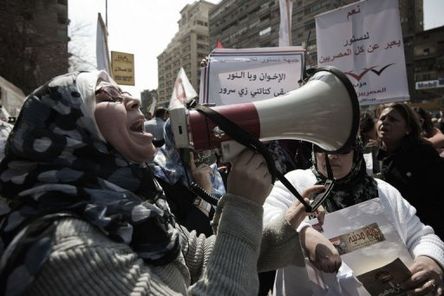The Israeli occupation army’s campaign in the besieged Gaza Strip entered its 225th consecutive day on Saturday, marked by relentless airstrikes, mounting civilian casualties, and an ever-deepening humanitarian catastrophe. Despite mounting international concern, ceasefire negotiations between Hamas and Israel in Doha—mediated by Qatar and Egypt—remain at a standstill.
Gaza’s Ministry of Health reported that at least 96 Palestinians were killed and over 140 injured since early Saturday, pushing the death toll since Israel resumed its offensive to more than 3,000. Since the start of the war on October 7, 2023, over 53,000 Palestinians have been killed and 121,000 wounded—figures that Palestinian and international observers increasingly describe as indicative of one of the most devastating modern genocides.
Among the dead are five journalists killed in simultaneous Israeli airstrikes while on assignment. According to Hamas, the total number of media workers killed has reached 220. The movement condemned the targeting of journalists as an attempt to “silence the truth,” urging international media organizations to stand in solidarity with Gaza’s press corps.
On the ground, the Israeli occupation forces launched a new military operation, “Chariots of Gideon,” involving more than 670 airstrikes across the Strip. Ground incursions continue in Jabalia refugee camp in the north and in Khuza’a and Al-Fukhari near Khan Younis in the south, supported by heavy artillery and aerial bombardment.
Palestinian sources say the intense shelling is being used to clear paths for advancing ground forces, as many civilians remain trapped beneath the rubble of destroyed homes, schools, and hospitals.
The intensification of military operations coincides with deadlocked indirect negotiations in Doha. U.S. hostage envoy Adam Boehler acknowledged the talks are “not going well” and described them as “extremely volatile.” He stated that Washington has made it clear to Hamas that any ceasefire would depend on the release of hostages, adding that “progress requires pressure and resolve.”
Meanwhile, US Middle East envoy Stephen Witkoff sought to assure the international community that the Trump administration “will not allow a humanitarian crisis in Gaza.” However, observers and humanitarian groups have criticized such statements as inconsistent with conditions on the ground—where aid convoys are routinely blocked, relief workers targeted, and hospitals bombed.
UNRWA Commissioner-General Philippe Lazzarini issued a stark warning, saying that “Gaza is dying slowly.” He noted that humanitarian aid has been stuck at border crossings for over two months, with food and medical supplies nearing expiration. In a post on X, Lazzarini appealed for the immediate lifting of the blockade, stating, “Let us do our job. There is no need to reinvent the wheel.”
Amid growing concern, the U.S. Embassy in Libya denied an NBC News report alleging that the Trump administration was considering relocating one million Palestinians from Gaza to Libya. The embassy called the report “not true,” though the network claimed discussions were held with unnamed Libyan figures.
As the war drags on, global outrage continues to mount. Marking the 77th anniversary of the Palestinian Nakba, hundreds of thousands marched in major European cities—including London, Berlin, Amsterdam, and Athens—demanding an end to what demonstrators labeled a genocide and calling for a halt to Western military and political support for Israel.
Protesters carried banners condemning war crimes and urging international prosecution of Israeli leaders, as calls intensify for sanctions and diplomatic isolation of the occupying power.

